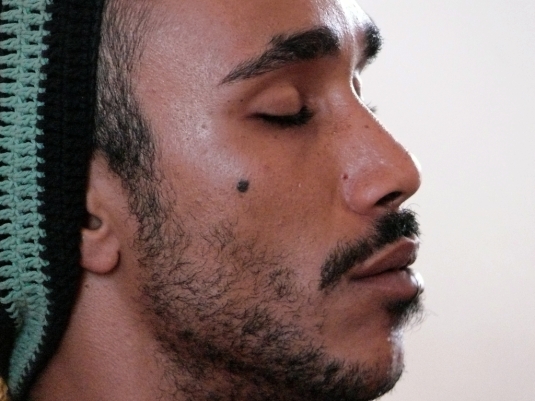INTRODUCTION:
Mindfulness-based therapies (MBT) are more and more frequently used in the treatment of sexual dysfunctions; therefore, it seems very important to assess evidence-based data on the clinical efficacy of these interventions.
AIM:
To provide a systematic review of published studies into the efficacy of MBT in the treatment of sexual dysfunctions.
METHODS:
The material for the analysis was obtained by searching 3 internet databases: EBSCO, PubMed, and ResearchGate. Articles describing therapeutic interventions on the basis of mindfulness and their efficiency in reducing sexual dysfunction symptoms in men and women were sought.
MAIN OUTCOME MEASURES:
15 original research articles were included to the review: 4 articles were devoted to the analysis of the efficiency of the mindfulness-based therapy in the reduction of sexual dysfunction related to pain in the genital-pelvic area, 10 to desire or sexual arousal disorders or both in women, and 1 to erectile dysfunction in men.
RESULTS:
Studies indicate that MBT led to improvement in subjectively evaluated arousal and desire, sexual satisfaction, and a reduction of fear linked with sexual activity, as well as improving the consistency between the subjectively perceived arousal and genital response in women. The research indicated that MBT did not make a significant change in a reduction of pain during sexual activities. Evidence-based data were found on the efficacy of MBT in the treatment of male erectile dysfunction in 1 study.
CLINICAL IMPLICATIONS:
MBT could be effectively used in the treatment of female sexual dysfunction, specifically to improve sexual arousal/desire and satisfaction and to reduce sexual dysfunction associated with anxiety and negative cognitive schemas.
STRENGTHS & LIMITATIONS:
The few studies available are affected by several methodologic limitations, including small numbers of participants, patient selection, application of complex therapeutic interventions, and a lack of homework assessment, which makes definite conclusions difficult to draw.
CONCLUSION:
The effects of MBT in female sexual dysfunctions are promising. In future studies, the mindfulness-based monotherapies should be implemented to verify their potential in reducing symptoms of sexual dysfunction. More research is needed to explore the potential of MBT in the treatment of male sexual dysfunction.
Jaderek I, Lew-Starowicz M. A Systematic Review on Mindfulness Meditation-Based Interventions for Sexual Dysfunctions. J Sex Med 2019;16:1581-1596.

